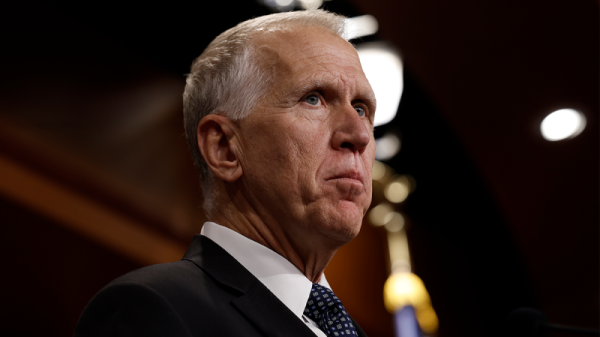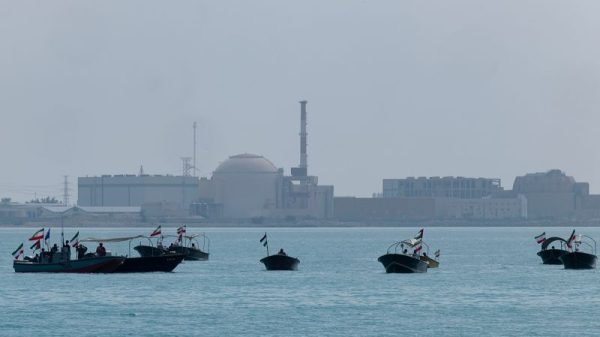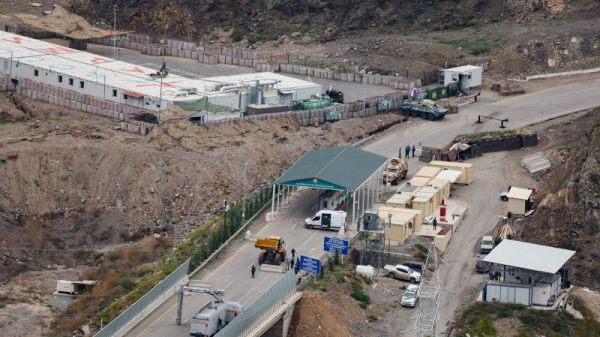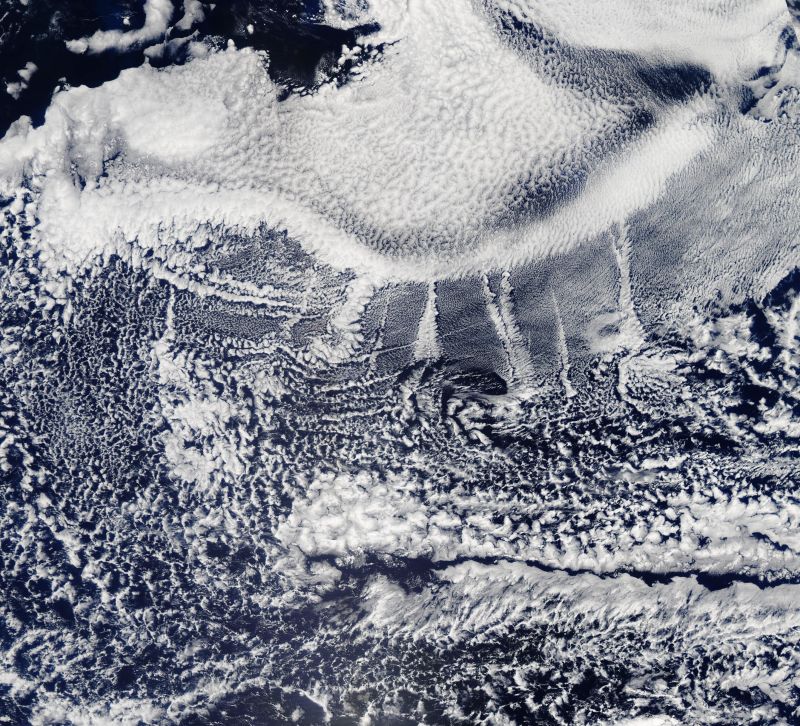The huge cargo ships that criss-cross the world’s oceans sometimes leave “tracks” in their wake — long, wispy clouds that trail through the sky, lasting for a handful of days at most before disappearing.
These ghost clouds look beautiful, but they are a visible sign of deadly air pollution. They form when tiny sulfur dioxide particles belched out from ships’ smokestacks interact with water vapor in the atmosphere, creating low-lying, highly reflective clouds.
Ships’ sulfur pollution causes tens of thousands of premature deaths a year. But in what may seem a cruel twist — especially from an industry responsible for around 3% of global greenhouse gas emissions — this type of pollution also helps cool the planet by brightening clouds and reflecting the sun’s energy away from the Earth.
So, when in 2020 the International Maritime Organization (IMO), the United Nations body regulating shipping, slashed sulfur content permitted in ships’ fuel by 80%, it was a victory for human health. An estimated 30,000 premature deaths will now be avoided each year.
But it was “a silver cloud with a dark lining,” said Michael Diamond, assistant professor at Florida State University’s Department of Earth, Ocean and Atmospheric Science. The regulations ended a vast, accidental geoengineering project. Ship tracks reduced sharply, and with them, the cooling impact of this pollution.
As global temperatures soar, it has left scientists trying to unpick whether these shipping regulations may be inadvertently fueling an alarming acceleration of global warming — a controversial hypothesis that has divided some experts.
It’s a debate made more urgent by last year’s record-breaking heat. “Scientists are amazed at the outlier that 2023 was,” said Olaf Morgenstern, a scientist at the National Institute of Water and Atmospheric Research in New Zealand.
The heat was especially pronounced in some parts of the oceans, where water temperatures in areas including the North Atlantic shot wildly off the charts.
Scientists say the surge in global temperature was primarily driven by two factors: the impacts of El Niño, a natural climate phenomenon that tends to have a global heating impact, combined with the backdrop of long-term global warming caused by burning fossil fuels.
But some have speculated the heat spiked so abnormally high that other influences may also be at play. Theories include a lack of sunlight-reflecting dust from the Sahara, a change in wind patterns, and the January 2022 eruption of the Hunga Tonga underwater volcano, which injected enough planet-warming water vapor into the atmosphere to fill 58,000 Olympic-size swimming pools.
Of all of the theories, however, the impact of shipping regulations is swiftly becoming one of the most discussed. Scientists have long known that reducing this particle pollution would have a warming effect, but by how much “is where the controversy starts,” Morgenstern said.
In November, the prominent climate scientist James Hansen co-authored a paper which argued the curtailing of shipping pollution was the main driver of an alarming acceleration in global warming that goes beyond what climate models have predicted.
But other scientists have urged caution, not least because the relationship between pollution particles and clouds is extremely complex. Unraveling it is “one of the biggest challenges in climate science,” Diamond said.
Piers Forster, a professor of climate physics at Leeds University in the UK, said the reduction in shipping pollution is likely to have a very small warming influence.
According to Forster’s calculations, the regulations will increase global warming by around 0.01 degrees Celsius, which could grow to about 0.05 degrees by 2050 — equivalent to around two additional years of human-caused emissions.
However, he added, the uncertain effect of the pollution on clouds means there’s a possibility the warming impact could be much larger — an additional 0.1 or 0.2 degrees by 2050.
Diamond, whose own work estimates the regulations will bring levels of warming over the next few decades of between 0.05 and 0.1 degrees, said this heat won’t be “a showstopper” but is important. Every fraction of a degree matters when the world is hurtling towards levels of warming to which even humans will increasingly struggle to adapt.
“But I think it could have mattered quite a bit more regionally,” he said. Shipping is unevenly distributed, with much of it concentrated between Europe, North America and Asia, meaning air pollution impacts are also likely to be skewed.
In areas such as the North Atlantic, where temperatures soared several degrees above usual in 2023, Diamond said, “shipping is a decent explanation for part of why that was so warm.”
There are only a few years of data so far, and it will take time for scientists to unravel the exact impact of the fall in shipping pollution.
But it is clear that particle pollution from all sources, including burning fossil fuels, has had a cooling impact. Without it, the world would be about 0.4 degrees hotter, according to a 2021 report from Intergovernmental Panel on Climate Change. And pollution decreases in the future could have a big impact.
Annica Ekman, professor of meteorology at Stockholm University in Sweden, said her research has found that decreases in human-caused particle pollution between 2015 and 2050 could warm the planet as much as 0.5 degrees.
But this is not an argument against cutting air pollution, Diamond said, it’s an argument for tackling it alongside reducing carbon emissions.
The cooling impact of air pollution is far outweighed by the heating impact of burning fossil fuels. It’s when air pollution is tackled without also reducing carbon emissions, that “we can get into trouble,” Diamond said.
That is what’s happening in this shipping industry, where huge container vessels are still propelled across the oceans by hundreds of millions of tons of fossil fuels.
“We must not forget why the regulation exists,” Forster said. “It is there to save lives from air pollution.” While reducing this pollution will have a small warming impact, immediate action to reduce emissions will both slash the rate of global warming and improve air quality, he said. We are not “on some doomed trajectory,” he added.







































